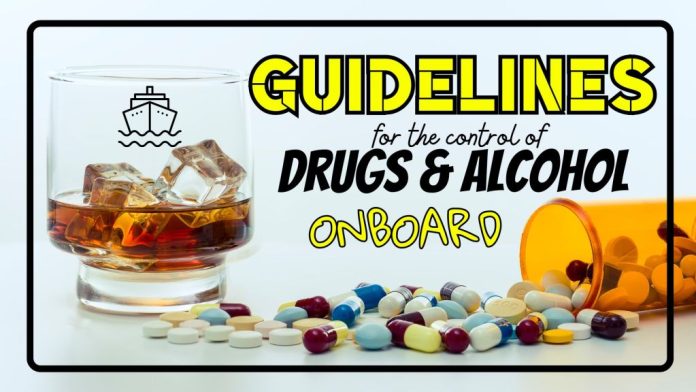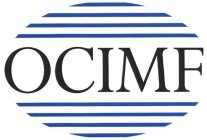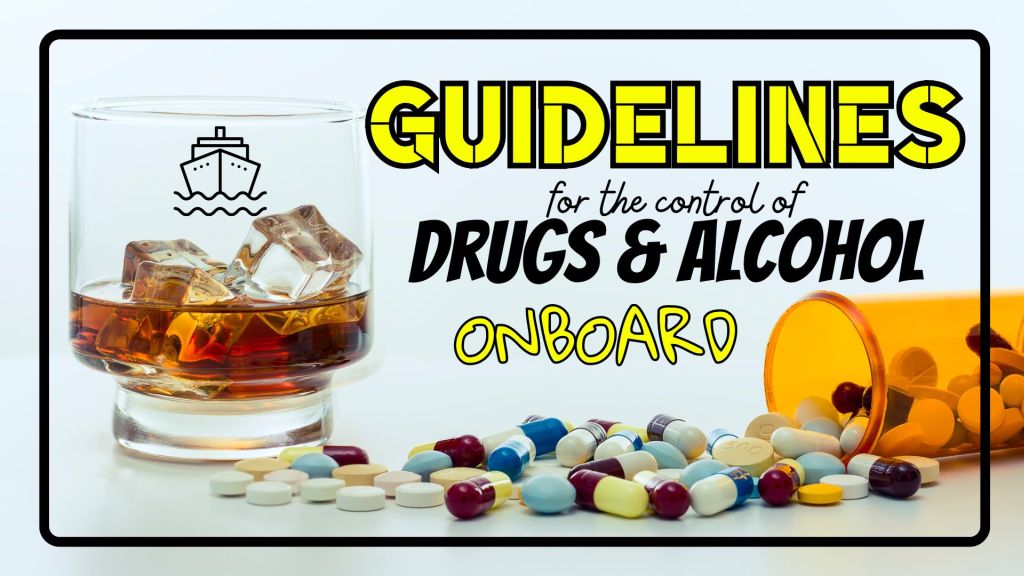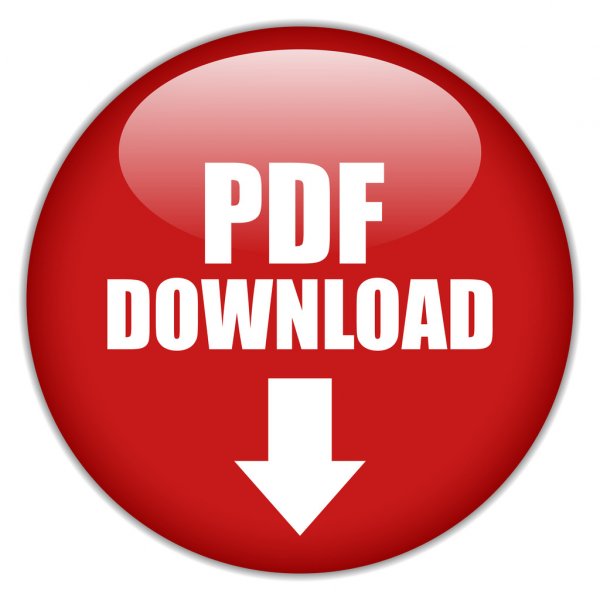
(www.MaritimeCyprus.com) Over the last few years we have seen an alarming increase in the number of accidents at sea in which drugs have been a causative factor. In some areas of the world and on certain types of vessel drug abuse is becoming a serious safety hazard.
This information paper provides general guidance and recommendations for the maritime industry in developing and implementing controls for drugs and alcohol. It gives guidance on developing a drug and alcohol policy, where operators can refer for standards, and suggestions for effective procedures onboard, aligned with standards and policies.
It covers workplace testing but does not address testing associated with the treatment and recovery of identified substance dependency cases, nor return to work testing. The information paper will be of interest to Human Resources and Health Safety Security and Environment professionals, and personnel responsible for developing and implementing a policy and ensuring any relevant standards and procedures are followed. It replaces OCIMF’s Guidelines for the Control of Drug and Alcohol Onboard Ship (first edition, 1995). The second edition was withdrawn in 2020.
The risks associated with drugs and alcohol
Drug and alcohol use can result in significant personal health, safety and wellbeing concerns. Skills such as judgement, reaction time, physical coordination, cognition and communication processes can all be impaired, resulting in reduced capability and increasing the risk of incidents and accidents in the workplace. Productivity levels, performance and conduct can also be affected, which may impact employment.
It is important to note that such impairment at work can also be caused by factors other than drug and alcohol use, including but not limited to fatigue, lack of sleep/rest, stress snd anxiety, demands at home or at work, health conditions, lack of psychological safety snd sense of belonging.
Substance use can be influenced by health, psychological, emotional, personal, social, cultural, and other environmental factors. Work factors, such as job design and organisation, can also play a part, as well as anxiety or stress from working conditions, excessive job demands, shift work, long hours, monotony, or remote working. A prevailing culture which tolerates, for example, recreational substance use, may normalise the risks and associated behaviours. Raising awareness and knowledge and providing appropriate healthcare can help prevention and treatment of cases.
For more details, you can download the full Guidance paper below:
Source: OCIMF















